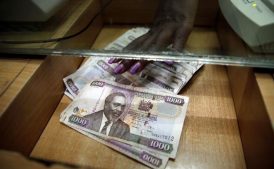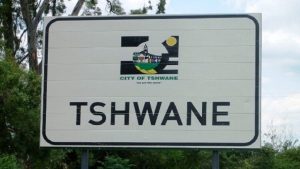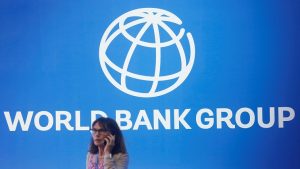Job losses and reduced income have placed many South Africans at the mercy of debt providers, as overdue debt balances continue to increase. That’s according to debt counselling firm, the National Debt Advisors (NDA), which says in 2020 overdue debt balances increased by R33 billion.
Ahead of Savings Month, which is in July, concerns have been raised over the use of more credit facilities to pay for essentials like food and fuel by some South Africans.
Experts say the statistics are extremely concerning, considering that the country was already an over-indebted nation, even before the pandemic.
The National Debt Advisors reports that South Africa’s income bracket is shifting as a decreasing economic performance places pressure on a struggling middle-class population.
NDA says 34% of households in South Africa are forecast to fall out of the middle-class bracket.
Debt is a major contributing factor.
The shutdown of businesses due to the lockdown has left many without an income, unable to service their debt, and struggling with basic household expenses. While many began to repair the damage in recent months, the move to alert level 4 lockdown this week, is likely to plummet many into further financial turmoil.
Over half a million jobs lost due to COVID-19:
Battling to make ends meet
Mabel Sithole is a single mother and tavern owner in Tembisa, Gauteng. She says she is still battling to makes ends meet and her monthly debt is now in arrears.
The NDA says wage data shows that now, fewer South Africans have an income of over R22 000 per month – while significantly more earn less than R8 000 per month.
Head of Research and Consumer Education at NDA, Moeshfieka Botha, says 50% of those employed, have had their monthly income slashed, as a result of the ripple effects of the pandemic, hence the increased reliance on credit.
Botha suggest lifestyle changes for cash-strapped South Africans.
Gerald Mwandiambira, CEO of the SA Savings Institute, says South Africans are exposed to debt now, more than ever before because of the limited opportunities to earn an income.
He says savings are one of the few ways to become untangled from messy financial situations.
During Savings Month, the SA Savings Institute will host a number of webinars on saving for one’s financial future. These will include – the trend of the Stokvel movement – Saving for students and Female Financial Fitness.
Tax free savings can help improve savings rate:






